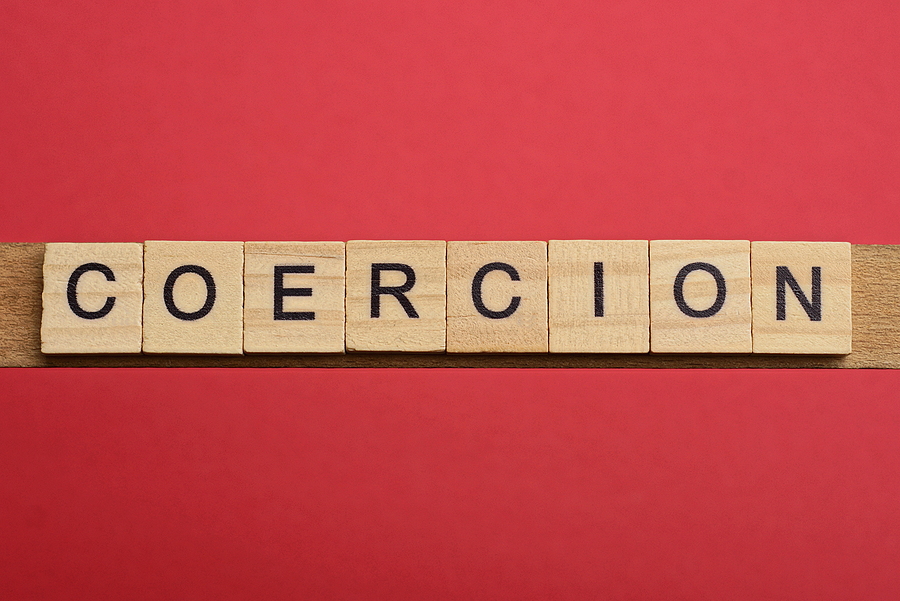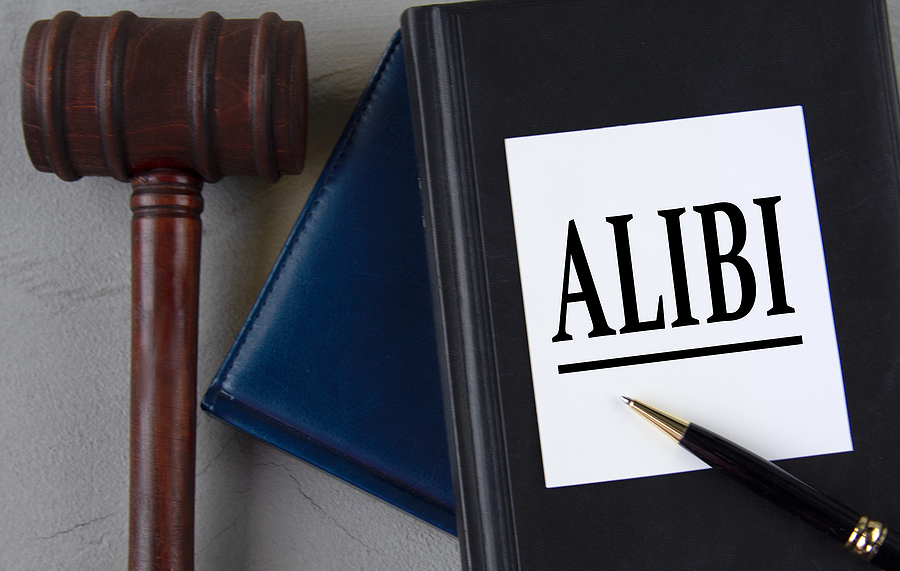In the realm of criminal law, police interrogations hold a pivotal role in truth-seeking. These critical interactions can shape the trajectory of legal proceedings, having the power to validate innocence or unveil guilt. Interrogations, however, are far from straightforward conversations. They are meticulously strategized sessions, employing a blend of psychological tactics and shrewd questioning techniques to ensure truth extraction.
This blog post delves into the intricacies of police interrogations, aiming to shed light on their profound impact on criminal law and justice. Join us as we pull back the curtain on this often misunderstood aspect of law enforcement procedure.

The Basics of the Interrogation Process
Interrogations, also called cross-examinations or police questioning, are designed to extract statements from suspects or witnesses related to a crime. Although they may appear simple on the surface, interrogations are structured to be highly effective. Law enforcement personnel will often use certain psychological tactics as well as specific questioning techniques in order to get the desired responses from those they are interrogating.
The interrogation process typically begins with a period of observation. During this time, the interrogator will observe the suspect’s physical and verbal cues in order to make assumptions about their truthfulness. This provides an opportunity for the interrogator to develop a strategy which can be used to maximize their effectiveness during questioning.
After observation has taken place, the interrogator will move on to question the suspect about the crime in question. In order to gain accurate information, they may use a variety of questioning techniques such as lying, minimization and provocation. These strategies can be used to challenge statements made by suspects, present them with hypothetical scenarios and encourage them to provide details about the events in question.
The Impact of Interrogations on Criminal Law
Interrogations hold great importance when it comes to criminal law. Oftentimes, the information they provide is key in determining whether or not a suspect is guilty of a crime. If incriminating statements are made during the interrogation process, they can be used as evidence in court cases against suspects.
Police cross-examinations also have the power to bring closure to many criminal cases. For example, if a suspect confesses during interrogation or provides information leading to the recovery of evidence related to a crime, this can be enough for law enforcement personnel to consider the case closed.
Tips For Being Interrogated by Police
When faced with police questioning, it’s crucial to understand and exercise your legal rights to ensure you are protected. Below are some essential tips to remember if you find yourself being interrogated by the police:
Stay Calm: Regardless of the circumstances, maintain a calm and respectful demeanor. This helps to avoid escalating the situation, and it shows you’re cooperative. Never be rude or insult a cop.
Understand Your Rights: Know your Miranda Rights. You have the right to remain silent and not incriminate yourself – this is protected under the Fifth Amendment. You are not obligated to answer questions without a lawyer present.
Request Legal Representation: If you’re detained or arrested, immediately request a lawyer. This is your 6th amendment right. Do not discuss your case with the police without your attorney.
Avoid Voluntary Searches: Without a valid search warrant or probable cause, you have the right to refuse searches of your property.
Don’t Resist Arrest: Even if you believe the arrest is unjust, never resist. This can lead to additional charges.
By understanding these tips, you can navigate through a police interrogation while protecting your legal rights. However, this advice is not exhaustive or a substitute for legal advice. Always consult with an attorney if you’re in legal trouble.
The Future of Law Enforcement Interrogations
As technology continues to advance, so too does the realm of police interrogations. In recent years, law enforcement personnel have begun to utilize virtual reality and artificial intelligence in order to facilitate more efficient questioning of suspects. Additionally, there has been a push for the development of technology which can detect deception during interrogations, allowing officers to quickly discern whether or not a suspect is telling the truth.
These advancements are likely to revolutionize the way interrogations are conducted. With the use of virtual reality, officers will be able to create detailed simulations of crime scenes and question suspects in a simulated environment. AI-driven technology is also expected to play a major role in truth extraction, as machine learning algorithms can help identify patterns of deception or inconsistencies between statements which may indicate that a suspect is lying.
As interrogation techniques continue to evolve, so too will the impact of interrogations on criminal law. By utilizing the latest technologies available, law enforcement agencies across the globe can ensure that truth-seeking becomes more efficient and effective than ever before.
Conclusion
Interrogations are a critical part of criminal law and justice, having the power to shape entire legal proceedings with their insight. Through careful observation, psychological tactics and shrewd questioning techniques, interrogators can extract valuable information from suspects which could be the difference between guilt and innocence. As technology continues to advance, we are likely to see many new developments in interrogation procedures, with AI-driven systems and virtual reality simulations revolutionizing the way interrogations are conducted.
Though the truth is often shrouded in uncertainty, interrogations can be a powerful tool to help law enforcement personnel uncover the truth and bring criminals to justice. Whether used as evidence in court cases or as a means of bringing closure to criminal cases, police interrogations will remain an important part of criminal law and justice for years to come.
You do not have to go through the legal system alone. Get a professional on your side who will fight for your rights and your freedoms. Contact Attorney David E. Lewis at 317-636-7514 to speak with a seasoned criminal defense lawyer in Indianapolis, Indiana. Our law firm will get you the best possible outcome to your criminal case!
Related Posts:
How to Keep Yourself Safe During a Cop Stop
Understanding Your Rights: A Guide to Encounters with Law Enforcement
Frequently Asked Questions About Warrants









